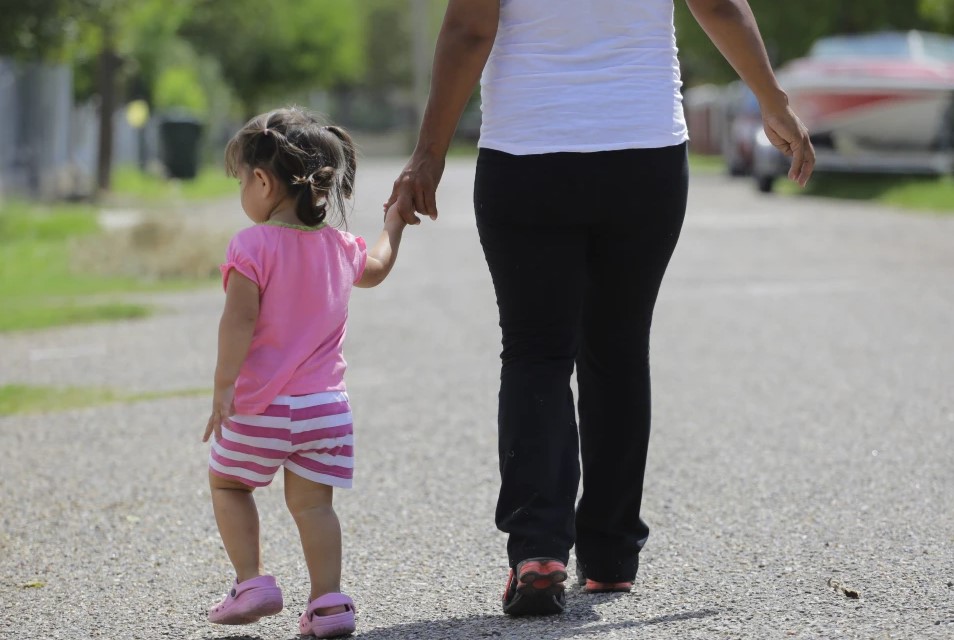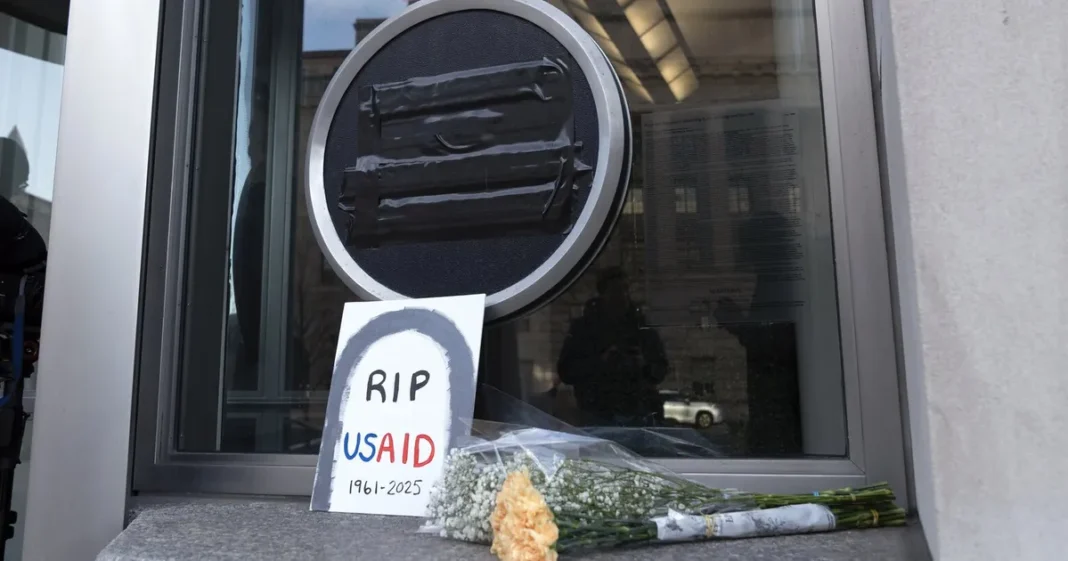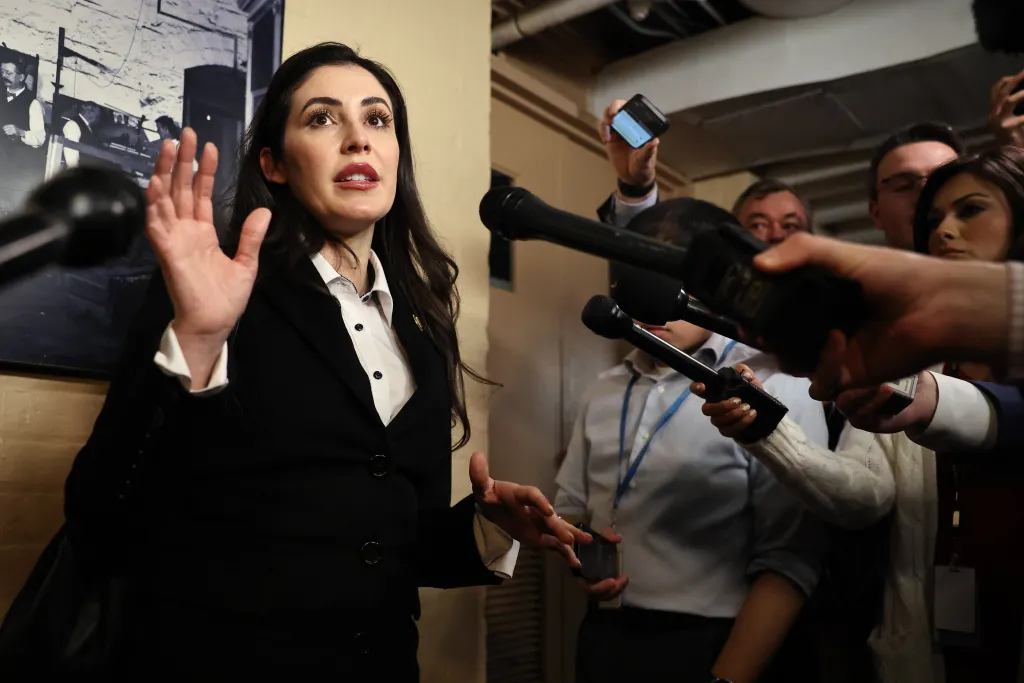The Trump administration has announced that it is appealing a federal judge’s ruling that blocked the president’s executive order to end birthright citizenship for children of undocumented parents. The appeal was filed in the 4th Circuit Court of Appeals, making it the second time the administration has challenged a court decision on this issue.
The legal battle began after U.S. District Judge Deborah Boardman in Maryland issued a preliminary injunction, temporarily preventing the executive order from taking effect. Judge Boardman stated that her court would not be the first to approve such a change, emphasizing that U.S. citizenship is a fundamental right protected by the 14th Amendment of the Constitution.
This appeal is part of a broader legal fight, as at least nine lawsuits have been filed across the country, including cases brought by 22 states. Just a day before the appeal, a federal judge in New Hampshire also ruled against the administration’s order, issuing a preliminary injunction. This ruling protects plaintiffs, including immigrant rights groups and pregnant individuals within that court’s jurisdiction.
Last week, a judge in Seattle also blocked the executive order, prompting yet another appeal from the administration. These rulings show a growing legal resistance to the president’s attempt to change birthright citizenship policies.
The 14th Amendment and Birthright Citizenship
The key issue in these legal battles is the interpretation of the 14th Amendment, which was ratified in 1868 after the Civil War. It was introduced following the controversial Dred Scott case, where the Supreme Court ruled that an enslaved man, Scott, was not a U.S. citizen even though he lived in a state where slavery was illegal.
The 14th Amendment states that “all persons born or naturalized in the United States, and subject to the jurisdiction thereof, are citizens of the United States and of the state wherein they reside.”
The Trump administration argues that undocumented immigrants are not fully “subject to the jurisdiction” of the U.S., and therefore, their children born on U.S. soil should not automatically receive citizenship.
However, the Supreme Court ruled in 1898 in United States v. Wong Kim Ark that nearly all children born on U.S. soil are citizens, with exceptions for children of diplomats, foreign military occupiers, individuals born on foreign ships, and members of sovereign Native American tribes.
The U.S. is among roughly 30 countries, mostly in the Americas, that follow birthright citizenship (jus soli, or “right of the soil”). Countries like Canada and Mexico also recognize this principle.
As legal challenges continue, the future of birthright citizenship remains uncertain.


